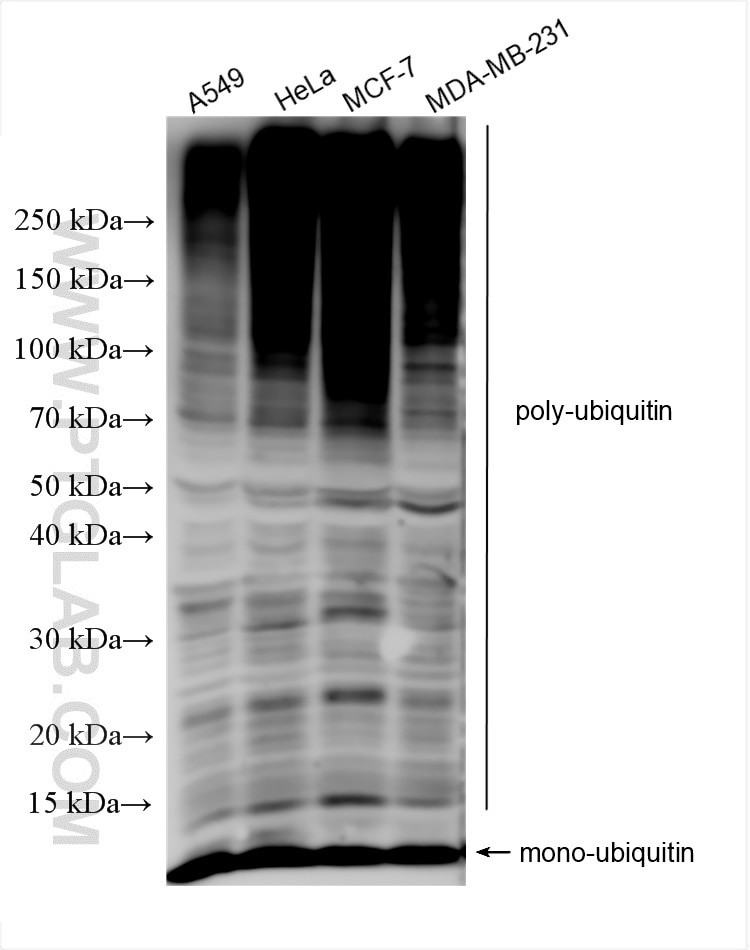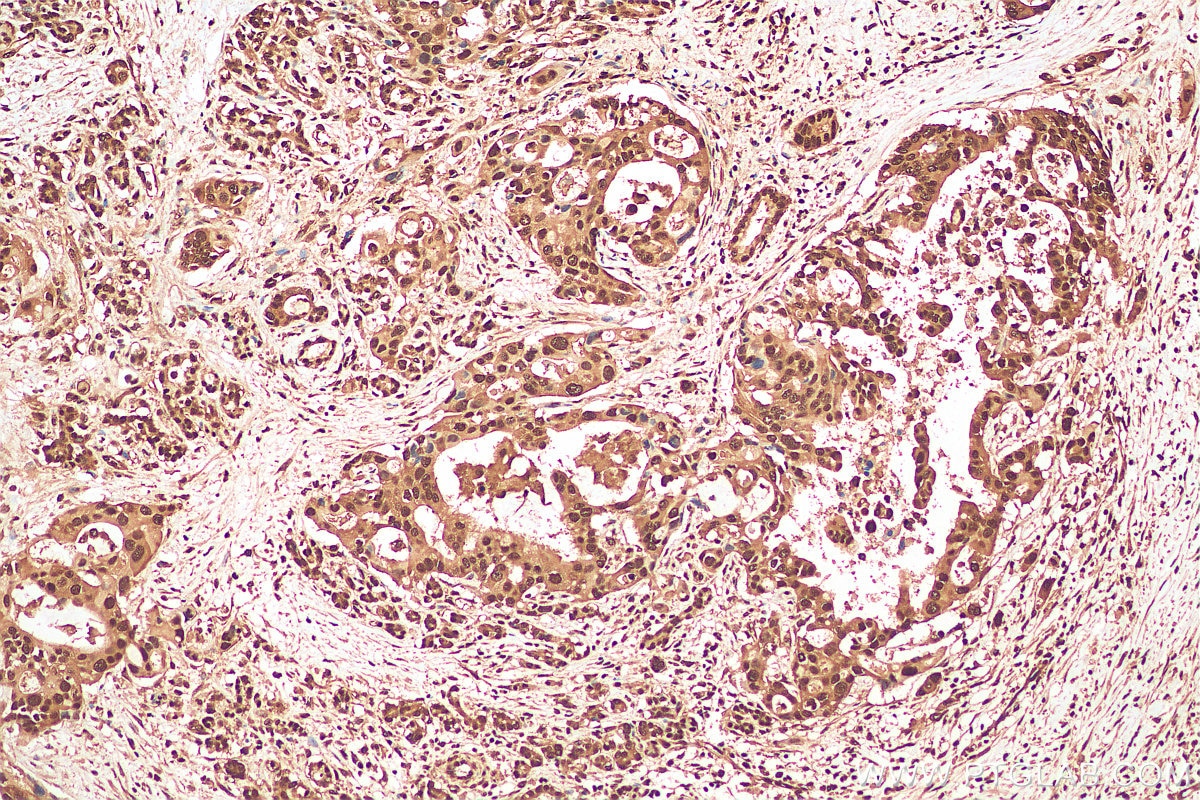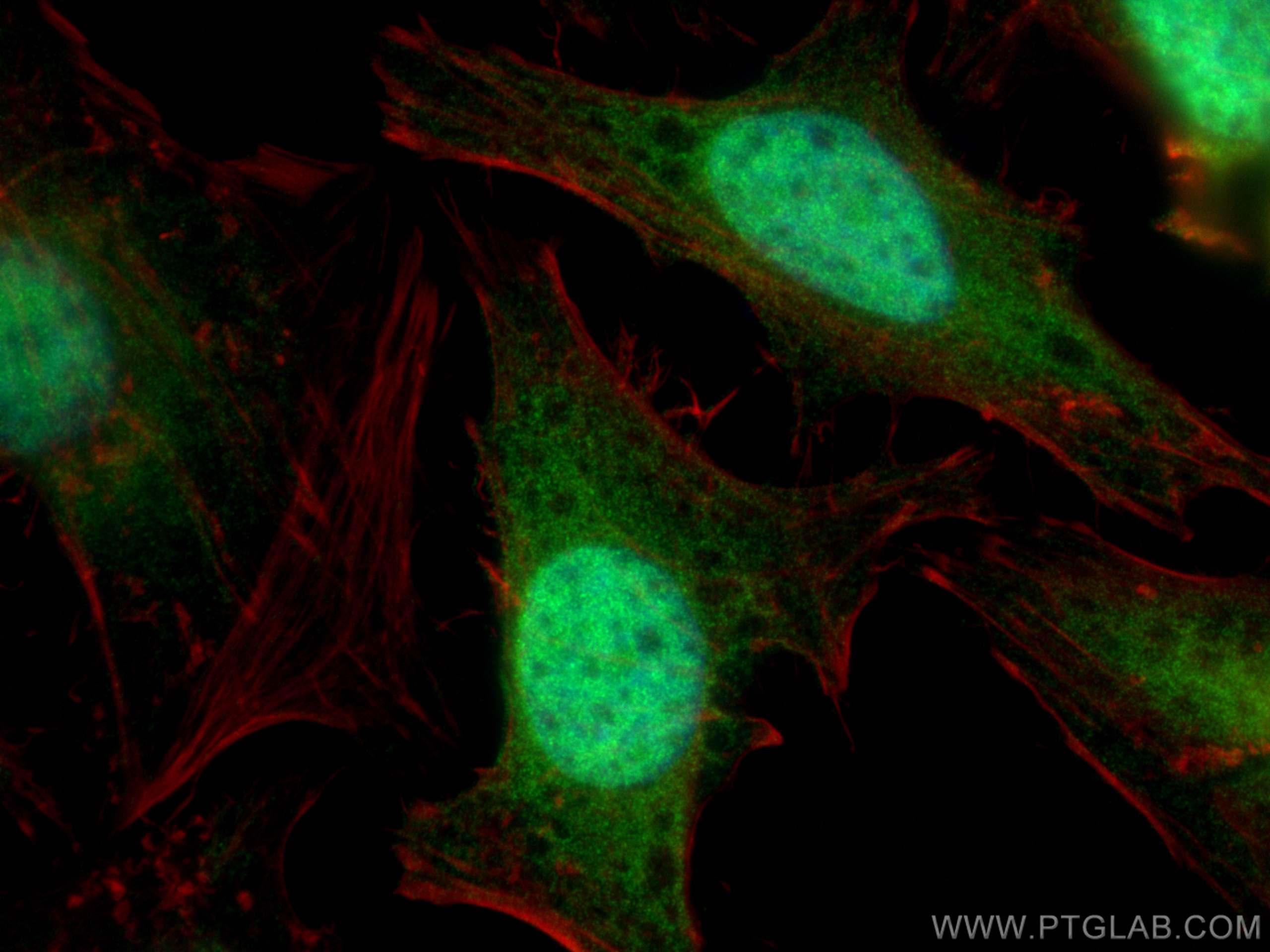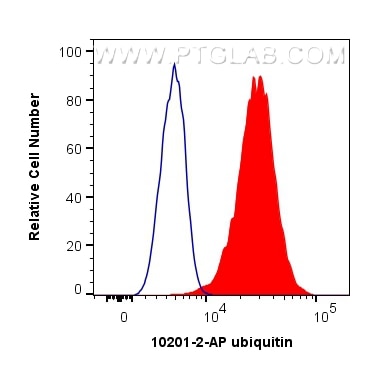Anticorps Polyclonal de lapin anti-ubiquitin
ubiquitin Polyclonal Antibody for WB, IHC, IF/ICC, FC (Intra), ELISA
Hôte / Isotype
Lapin / IgG
Réactivité testée
Humain, rat, souris et plus (4)
Applications
WB, IHC, IF/ICC, FC (Intra), CoIP, ChIP, ELISA
Conjugaison
Non conjugué
N° de cat : 10201-2-AP
Synonymes
Galerie de données de validation
Applications testées
| Résultats positifs en WB | cellules A549, cellules HeLa, cellules MCF-7, cellules MDA-MB-231 |
| Résultats positifs en IHC | tissu de cancer du pancréas humain, il est suggéré de démasquer l'antigène avec un tampon de TE buffer pH 9.0; (*) À défaut, 'le démasquage de l'antigène peut être 'effectué avec un tampon citrate pH 6,0. |
| Résultats positifs en IF/ICC | cellules HeLa, |
| Résultats positifs en FC (Intra) | cellules HeLa, |
Dilution recommandée
| Application | Dilution |
|---|---|
| Western Blot (WB) | WB : 1:1000-1:8000 |
| Immunohistochimie (IHC) | IHC : 1:50-1:500 |
| Immunofluorescence (IF)/ICC | IF/ICC : 1:200-1:800 |
| Flow Cytometry (FC) (INTRA) | FC (INTRA) : 0.40 ug per 10^6 cells in a 100 µl suspension |
| It is recommended that this reagent should be titrated in each testing system to obtain optimal results. | |
| Sample-dependent, check data in validation data gallery | |
Applications publiées
| WB | See 516 publications below |
| IHC | See 10 publications below |
| IF | See 23 publications below |
| CoIP | See 38 publications below |
| ChIP | See 1 publications below |
Informations sur le produit
10201-2-AP cible ubiquitin dans les applications de WB, IHC, IF/ICC, FC (Intra), CoIP, ChIP, ELISA et montre une réactivité avec des échantillons Humain, rat, souris
| Réactivité | Humain, rat, souris |
| Réactivité citée | rat, bovin, Humain, singe, souris, arabidopsis, Trypanosoma cruzi |
| Hôte / Isotype | Lapin / IgG |
| Clonalité | Polyclonal |
| Type | Anticorps |
| Immunogène | ubiquitin Protéine recombinante Ag0260 |
| Nom complet | ubiquitin B |
| Numéro d’acquisition GenBank | BC000379 |
| Symbole du gène | ubiquitin |
| Identification du gène (NCBI) | 7314 |
| Conjugaison | Non conjugué |
| Forme | Liquide |
| Méthode de purification | Purification par affinité contre l'antigène |
| Tampon de stockage | PBS with 0.02% sodium azide and 50% glycerol |
| Conditions de stockage | Stocker à -20°C. Stable pendant un an après l'expédition. L'aliquotage n'est pas nécessaire pour le stockage à -20oC Les 20ul contiennent 0,1% de BSA. |
Informations générales
Ubiquitin B (UBB) is a member of ubiquitin family, one of the most conserved proteins known. Ubiquitin B is required for ATP-dependent, non-lysosomal intracellular protein degradation of abnormal proteins and normal proteins with a rapid turnover. Ubiquitin B is covalently bound to proteins to be degraded, and presumably labels these proteins for degradation. Ubiquitin also binds to histone H2A in actively transcribed regions but does not cause histone H2A degradation, suggesting that ubiquitin is also involved in regulation of gene expression.When polyubiquitin is free (unanchored-polyubiquitin), it also has distinct roles, such as in activation of protein kinases, and in signaling. This gene consists of three direct repeats of the ubiquitin coding sequence with no spacer sequence. Consequently, the protein is expressed as a polyubiquitin precursor with a final amino acid after the last repeat. Aberrant form of this protein has been noticed in patients with Alzheimer's and Down syndrome. Interestingly ubiquitin also becomes covalently bonded to many types of pathological inclusions which appear to be resistant to normal degradation.
Protocole
| Product Specific Protocols | |
|---|---|
| WB protocol for ubiquitin antibody 10201-2-AP | Download protocol |
| IHC protocol for ubiquitin antibody 10201-2-AP | Download protocol |
| IF protocol for ubiquitin antibody 10201-2-AP | Download protocol |
| Standard Protocols | |
|---|---|
| Click here to view our Standard Protocols |
Publications
| Species | Application | Title |
|---|---|---|
Nature Proteasome inhibition for treatment of leishmaniasis, Chagas disease and sleeping sickness. | ||
Cell Res NudCL2 is an autophagy receptor that mediates selective autophagic degradation of CP110 at mother centrioles to promote ciliogenesis. | ||
Nat Commun Smooth muscle NF90 deficiency ameliorates diabetic atherosclerotic calcification in male mice via FBXW7-AGER1-AGEs axis | ||
Nat Commun Stabilization of Pin1 by USP34 promotes Ubc9 isomerization and protein sumoylation in glioma stem cells | ||
Nat Commun UV-B irradiation-activated E3 ligase GmILPA1 modulates gibberellin catabolism to increase plant height in soybean |
Avis
The reviews below have been submitted by verified Proteintech customers who received an incentive for providing their feedback.
FH P (Verified Customer) (07-15-2025) | Used for caco2 cells and animal colon tissue
|
FH David (Verified Customer) (01-02-2024) | Various bands in the soluble fraction, potentially from conjugated proteins, but also clear bands for the ubiquitin monomers.
|
FH Brice-Emmanuel (Verified Customer) (10-12-2023) | Work well
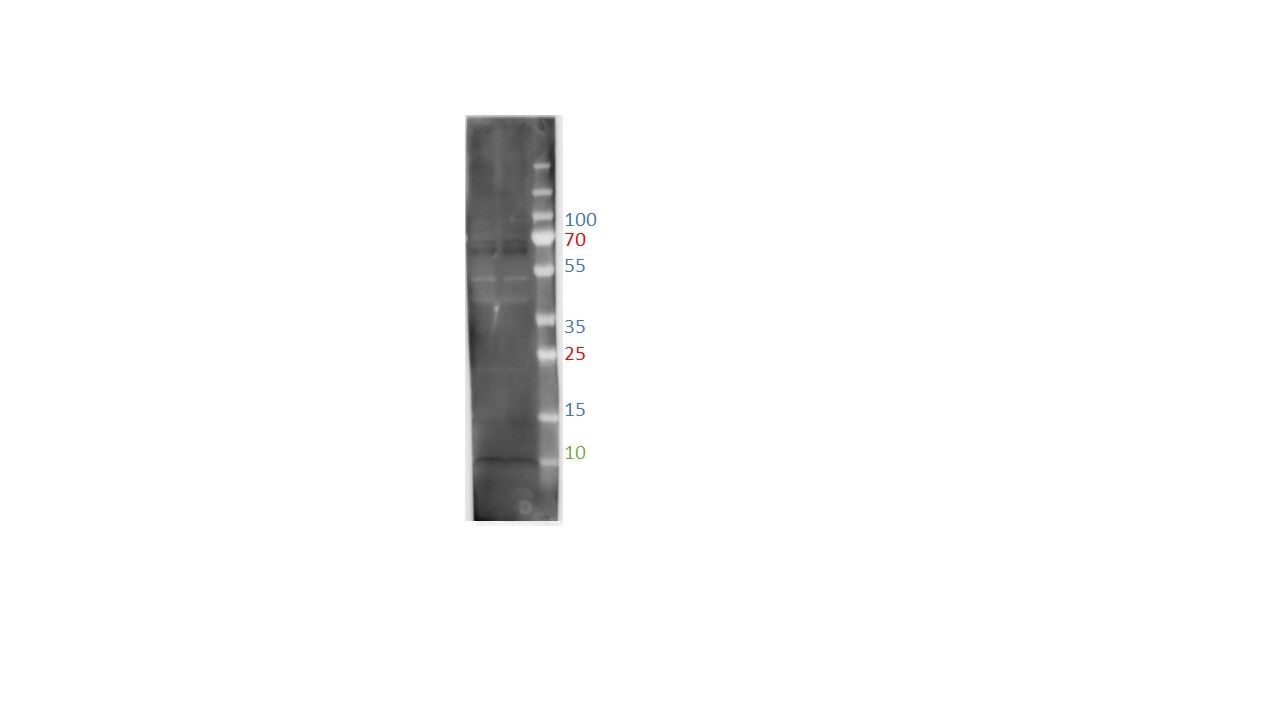 |
FH Brandon (Verified Customer) (03-14-2022) | The antibody works perfectly for ubiquitin located in Human Fibroblast
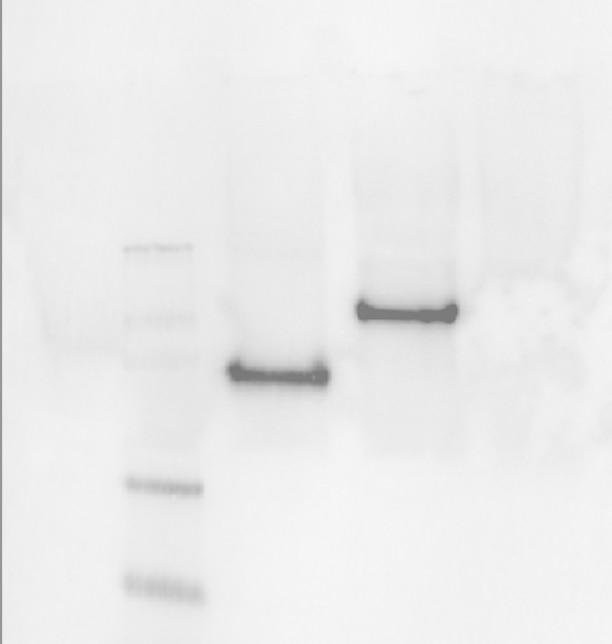 |
FH Anita (Verified Customer) (08-06-2021) | 10ug protein load from C. elegans
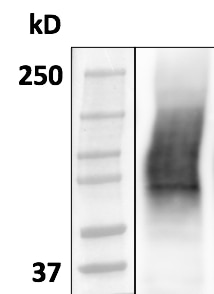 |
FH Azita (Verified Customer) (06-02-2021) | Western blot analysis using ubiquitin polyclonal antibody in NSC34 cell line at dilution of 1:500.
|
FH Robert (Verified Customer) (06-24-2019) | 1. reducing conditions2. non-reducing conditions
 |
